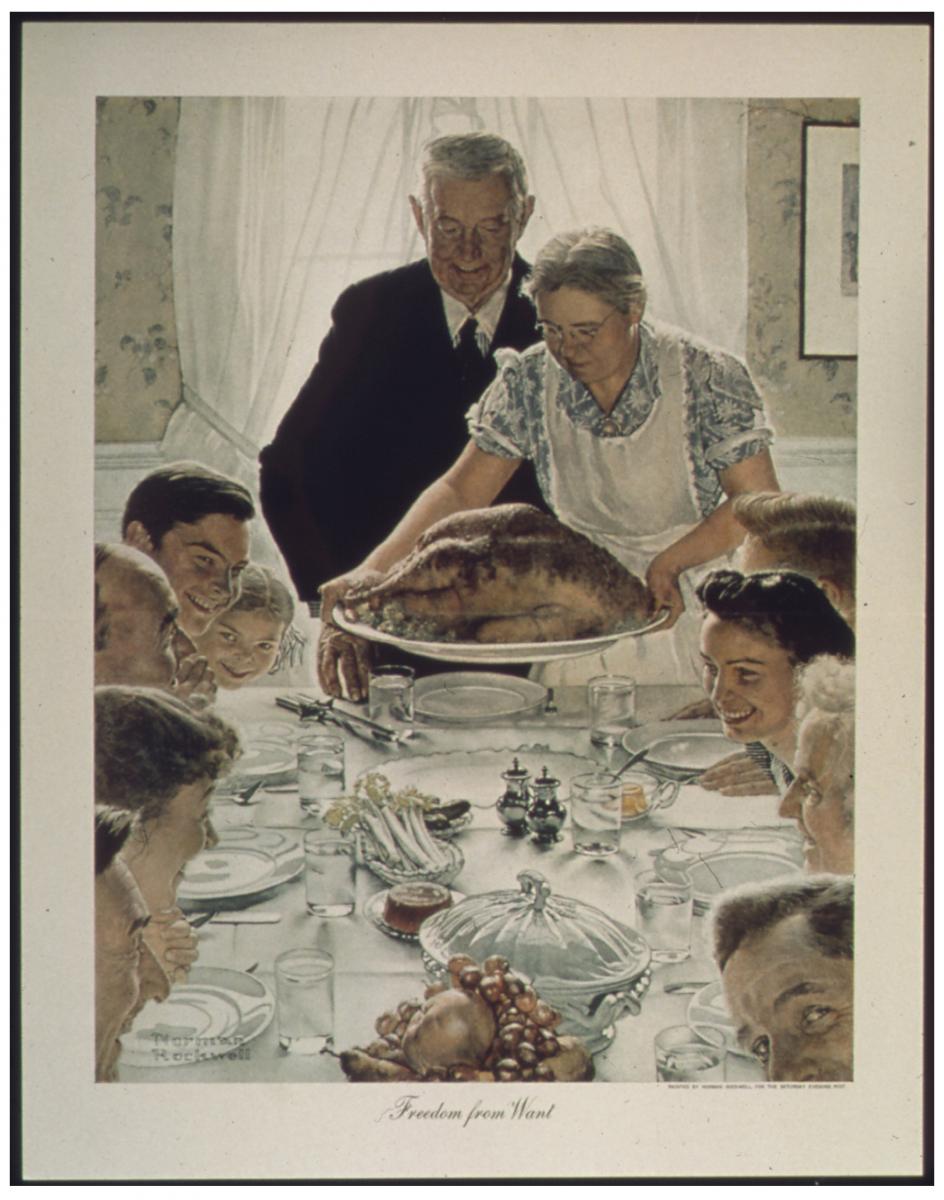Meditation and Thanksgiving
Column #169 
It’s said that meditation reduces stress, anxiety, depression, and pain while increasing internal peace, perception, self-concept, and well-being.
What does being thankful do? Michael E. McCullough, PhD, a professor of psychology at the University of Miami, compared “grateful people” to those who were less so. He concluded that being thankful has five advantages--both psychological and physiological. They are:
● People who count their blessings regularly have less depression and stress, lower blood pressure, more energy, and greater optimism.
● The aging clock, even with neurogeneration, slows down when people are always thankful.
● Thankful bodies produce less cortisol, the “stress hormone,” which is hard on the immune system.
● Being thankful helps relationships by increasing oxytocin the “bonding hormone.”
● Gratefulness is good for the heart because it lowers blood pressure.
In my “Live Holistic” article I said, “Even with disabilities and chronic diseases, some benefits can occur rather quickly with light exercise, sleep, social interaction, meditation, and a diet of whole foods that are low glycemic, nutrient dense and diverse, with balanced Omega-6 to Omega-3 Essential Fatty Acids.”
Think about it. Thanksgiving is a very old custom where people get together in the fall to give thanks for the bountiful harvest and all their other blessings. It can involve social interaction, meditation, and a diet of whole foods if we plan it that way. We can also add in some light exercise with a walk in the great outdoors. And sleep, too. After a meal of Omega-3 Turkey, a nap comes easy.
There are many things we do that impact our health. Being on the positive side of exercise, sleep, social interaction, meditation, and diet requires some discipline and determination. Celebrating Thanksgiving can be one of the most important events of the year.
Let’s don’t limit our mediation and thankfulness to just this one designated day. Let’s make it a daily habit. Life is never always a bed of roses, but it’s not always a bed of thorns either. Let’s review our list of blessings everyday so that life itself will have a better outlook.
Linda and I wish everyone a “Happy Thanksgiving” as we give thanks for all we have received in life, including the knowledge of and access to foods that optimize our health and well-being.
To your health.
Ted Slanker
Ted Slanker has been reporting on the fundamentals of nutritional research in publications, television and radio appearances, and at conferences since 1999. He condenses complex studies into the basics required for health and well-being. His eBook, The Real Diet of Man, is available online.
Don't miss these links for additional reading:
Meditation from Wikipedia
5 Reasons Why Giving Thanks is Good for You (No Matter Where You Live)
Michael McCullough (psychologist) from Wikipedia
The History of Thanksgiving and its Celebrations
Live Holistic by Ted Slanker
Thanksgiving History from Plimoth Plantation
10 Tips for Surviving Thanksgiving with the Dysfunctional Family by Marie Hartwell-Walker, Ed.D.




